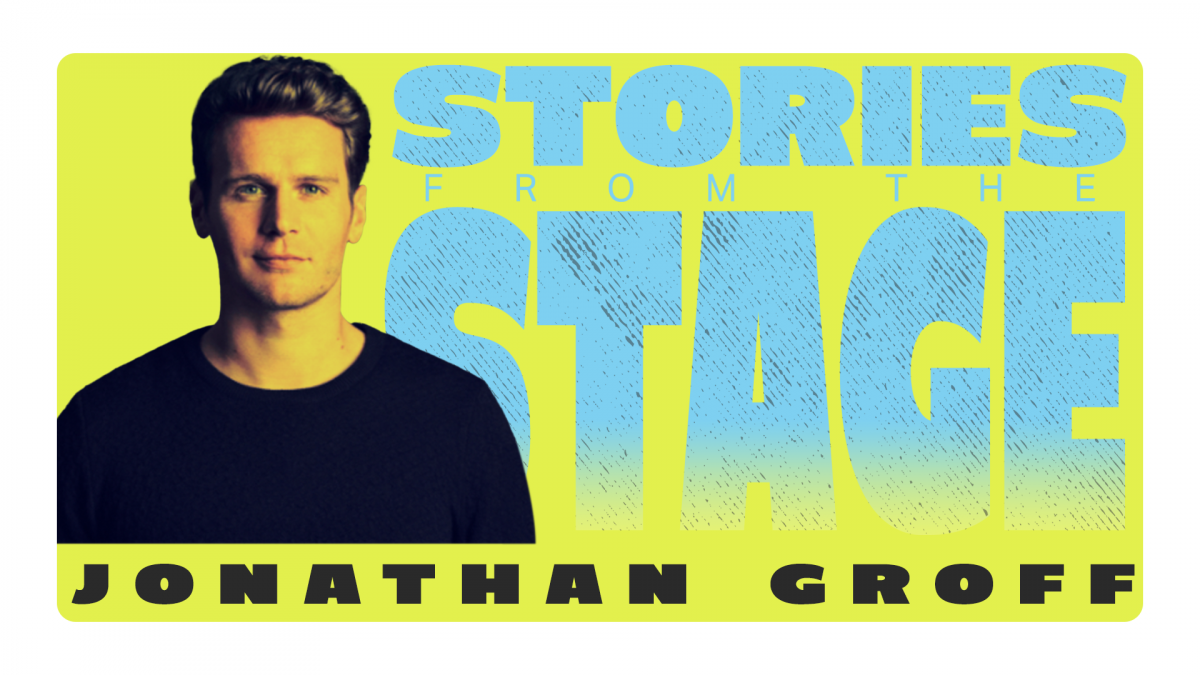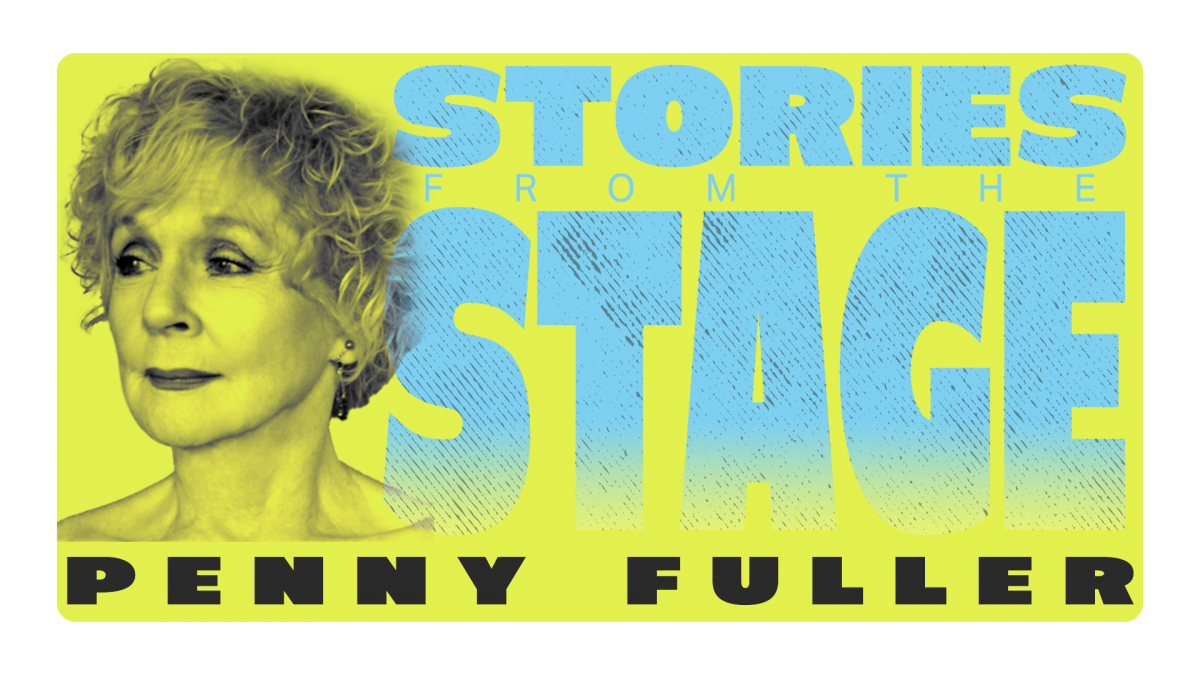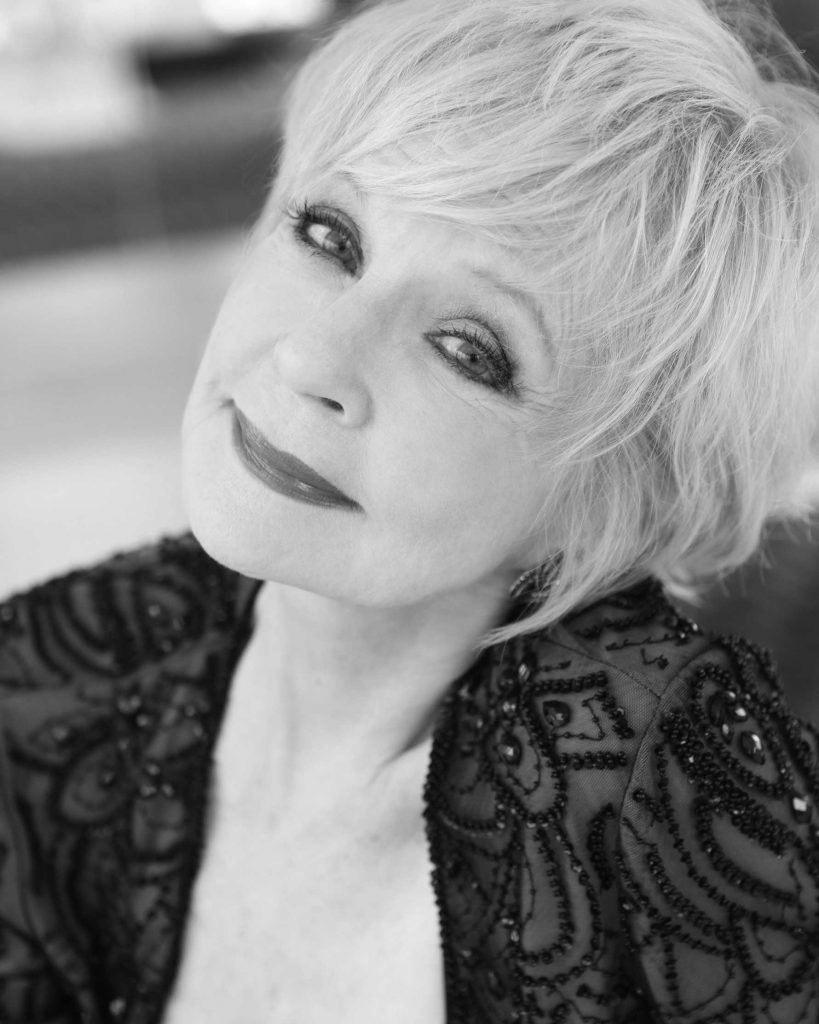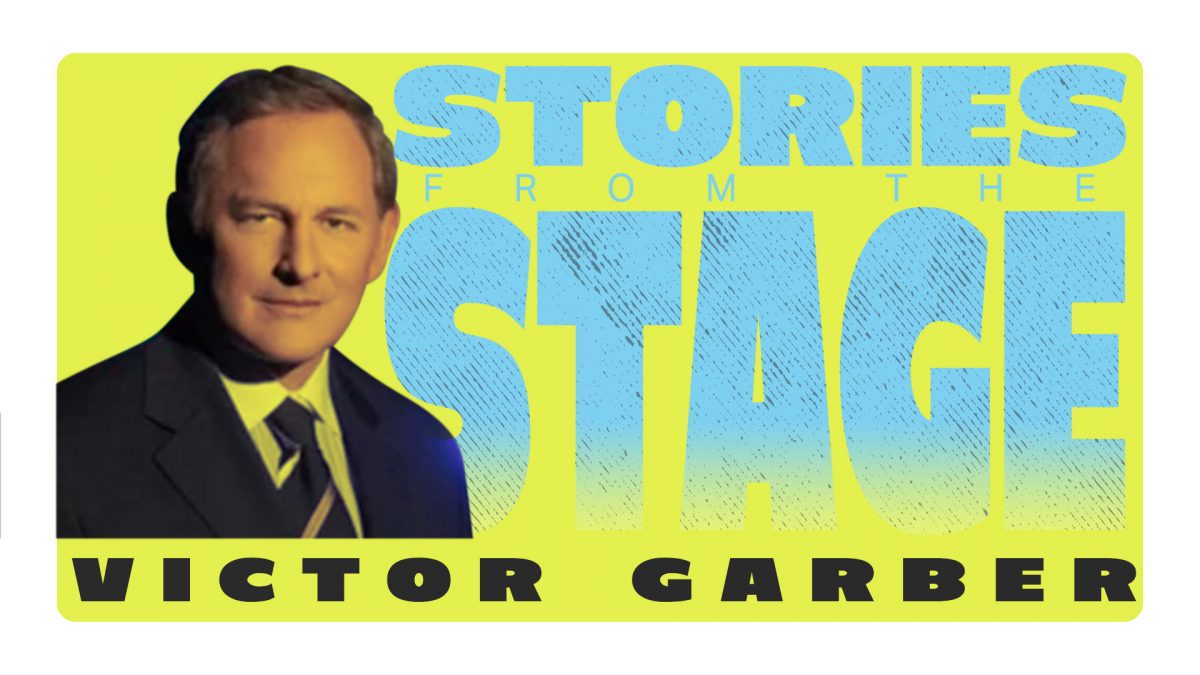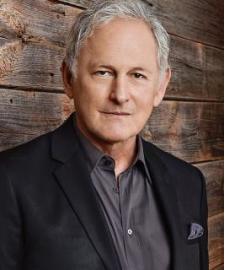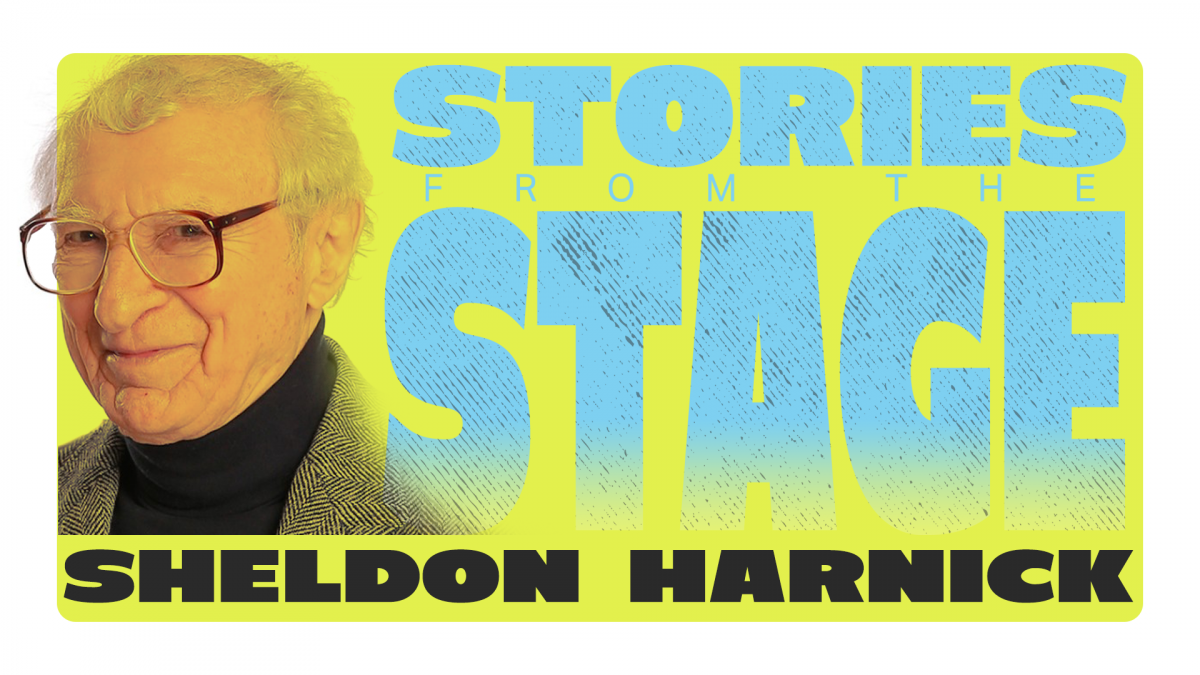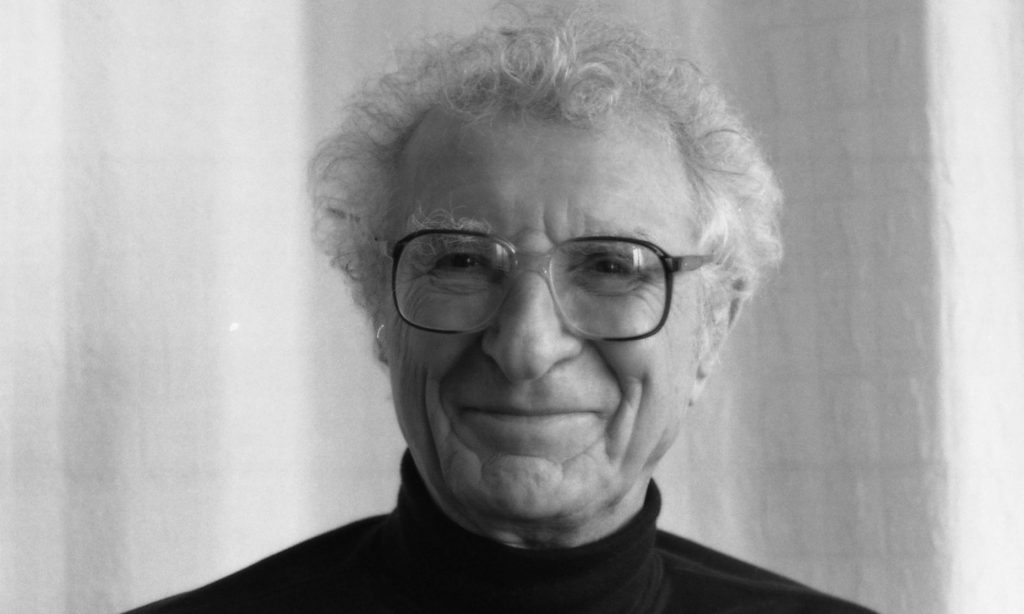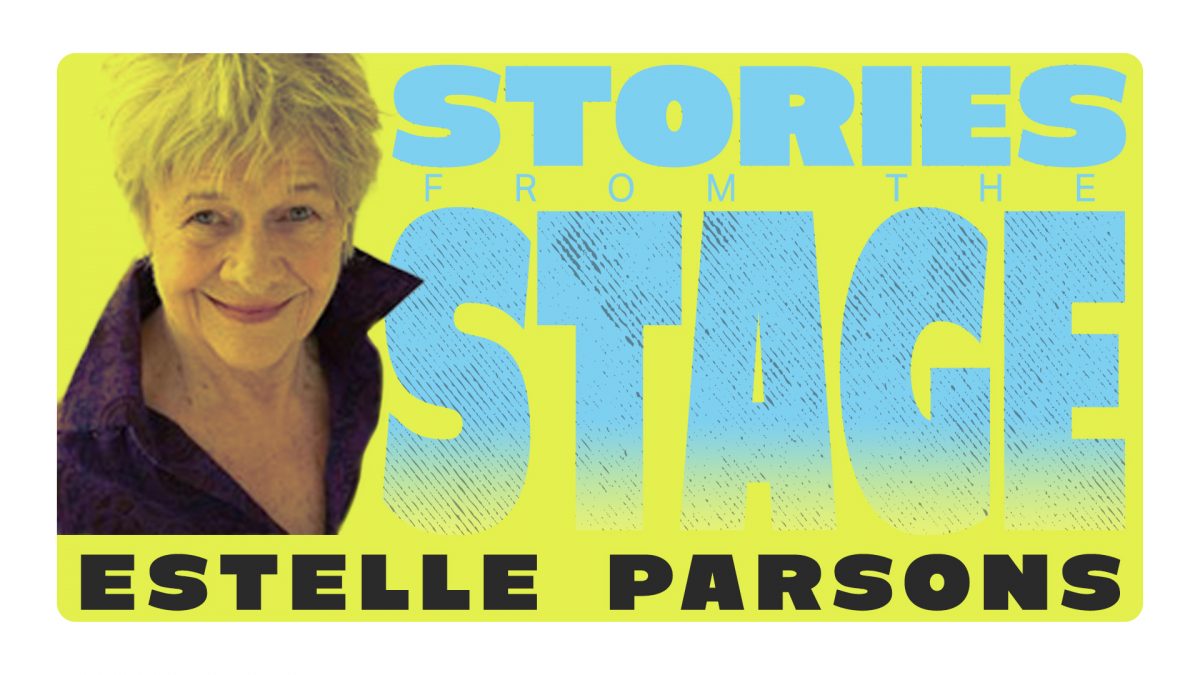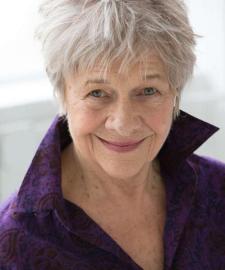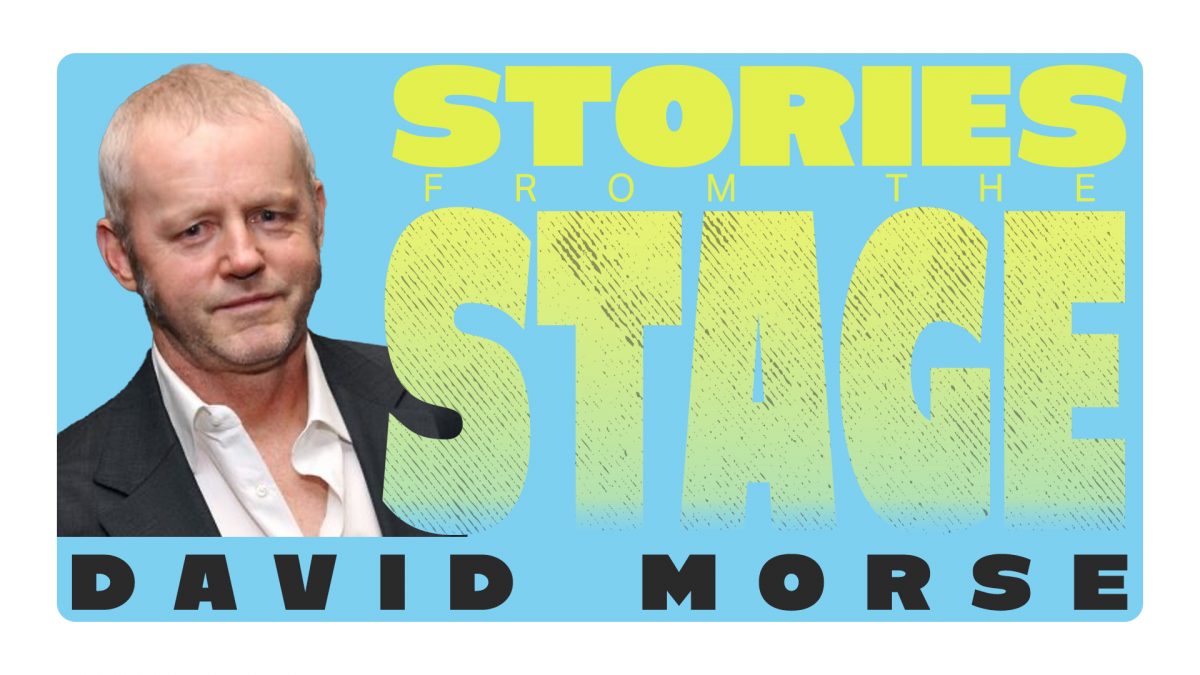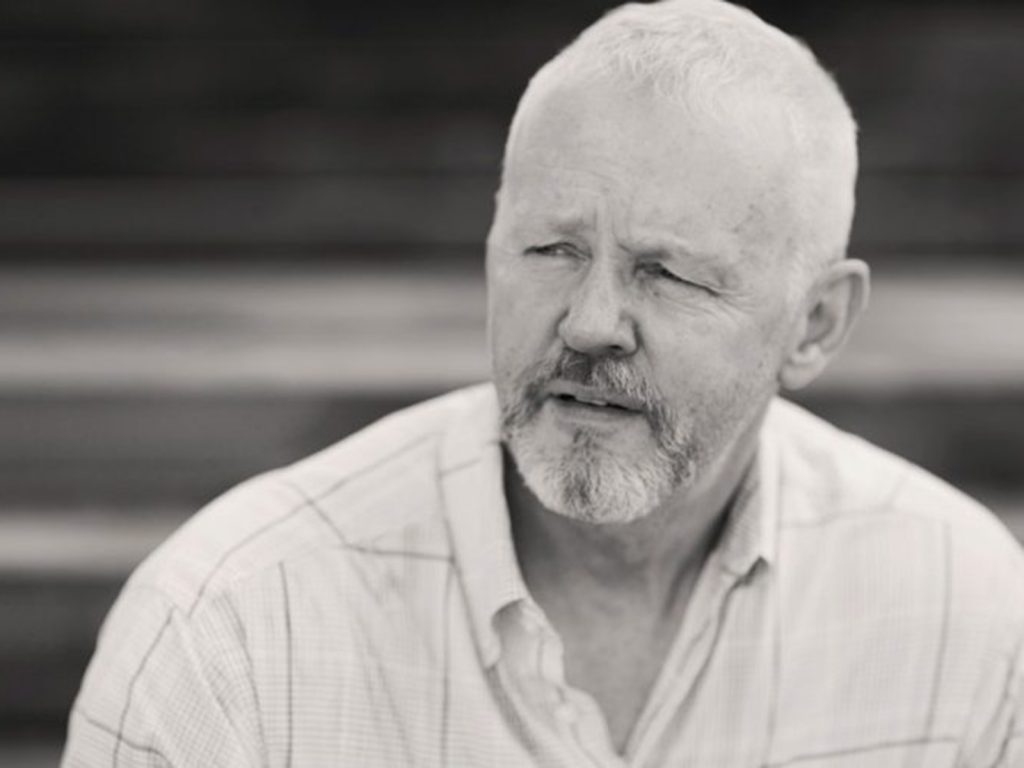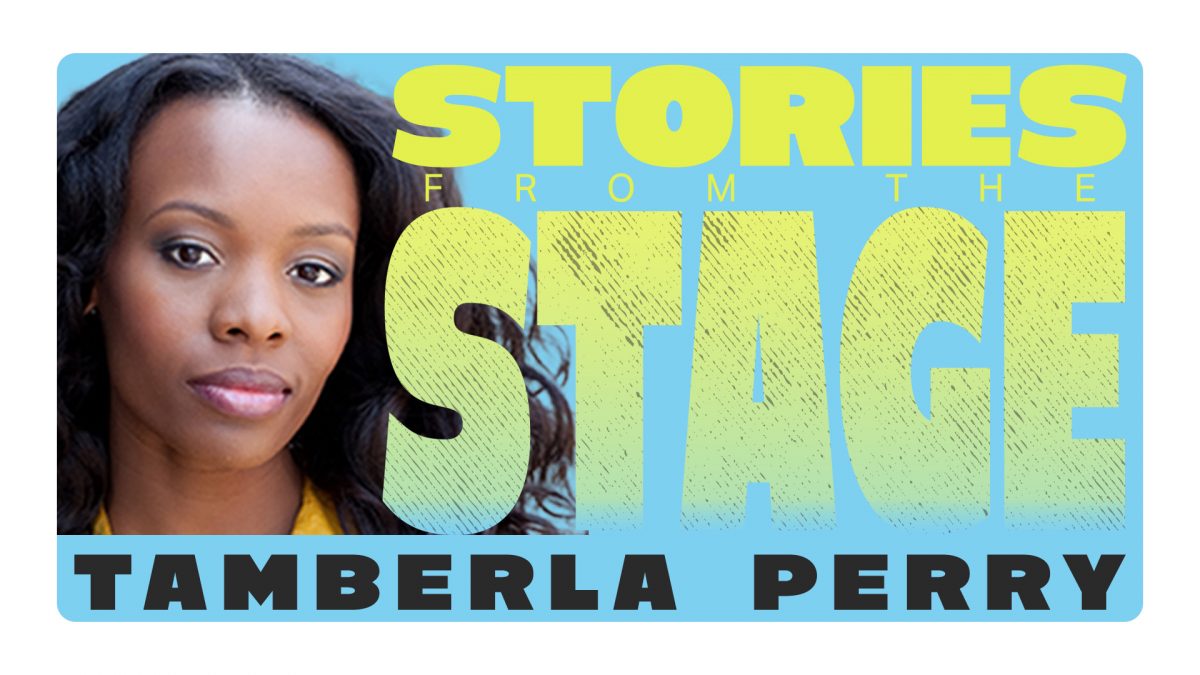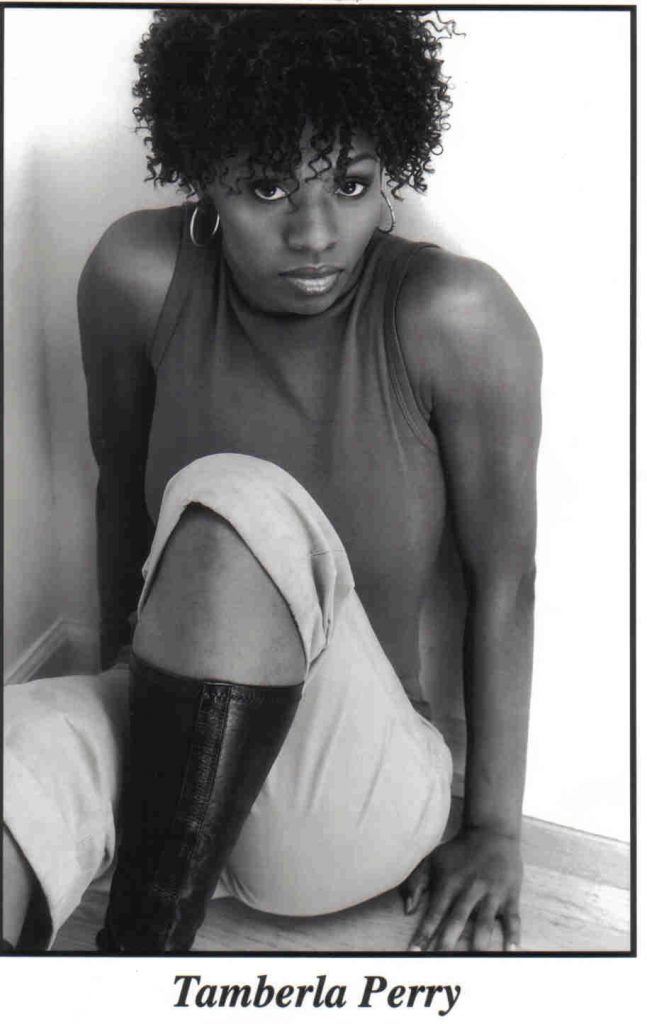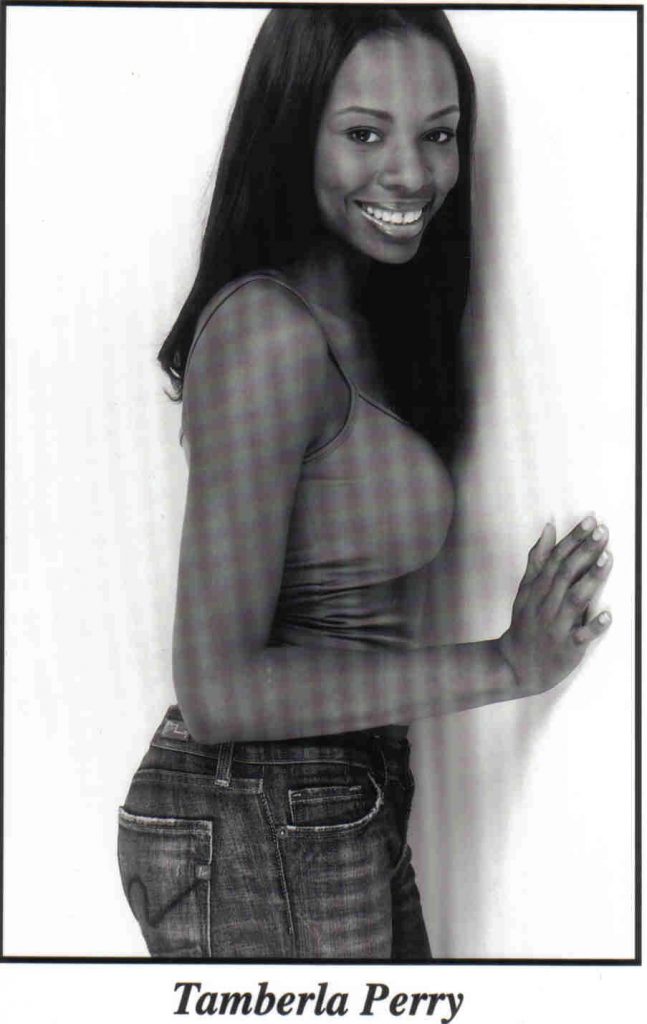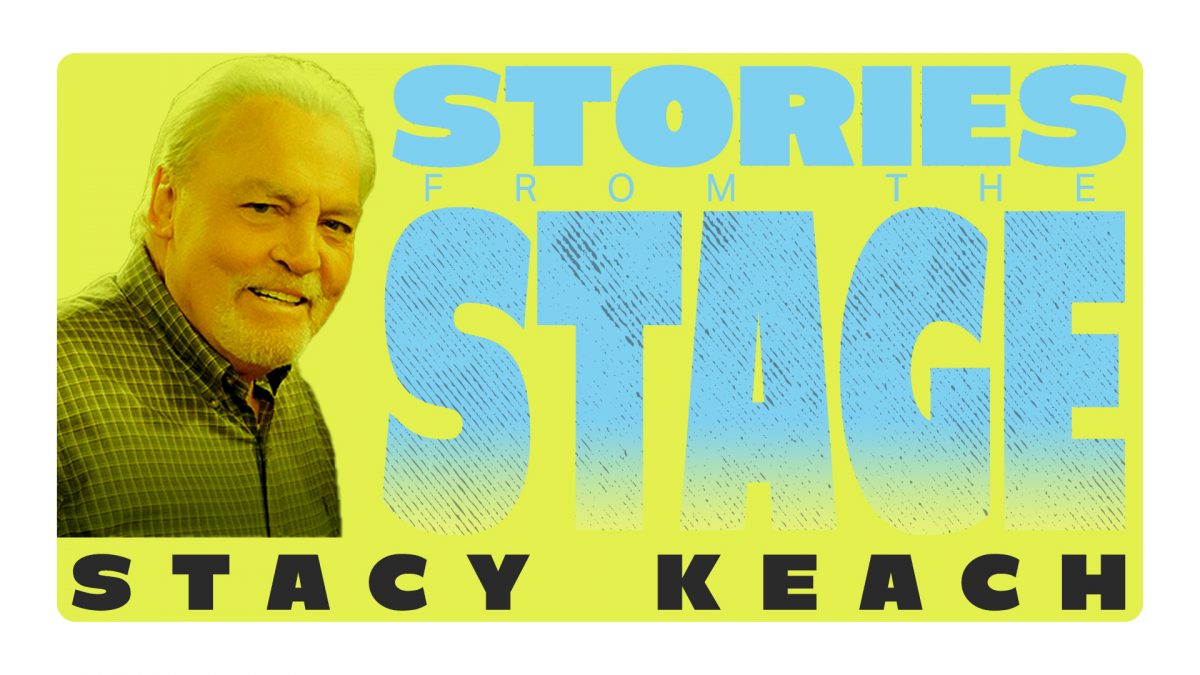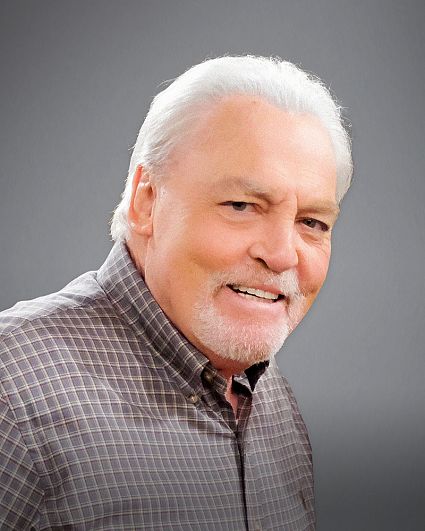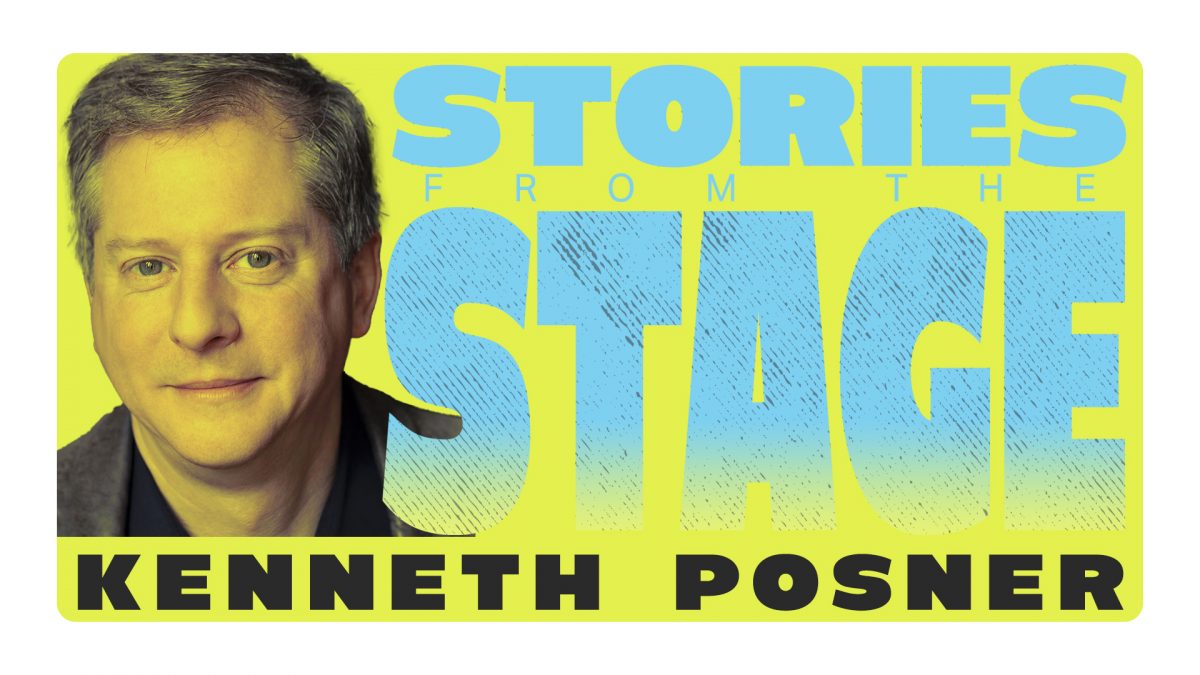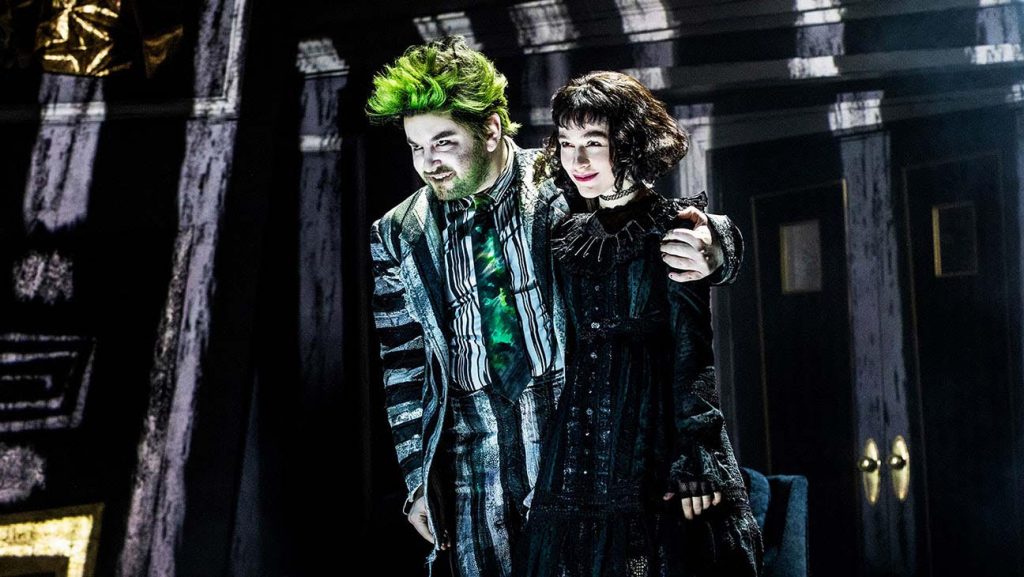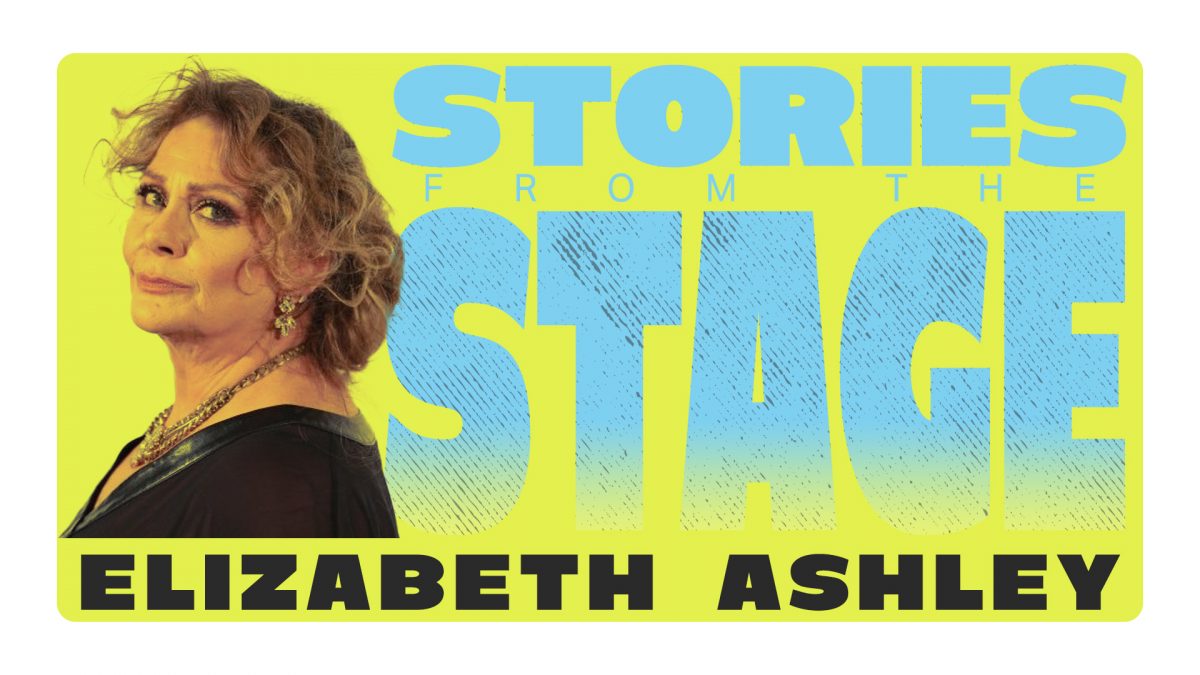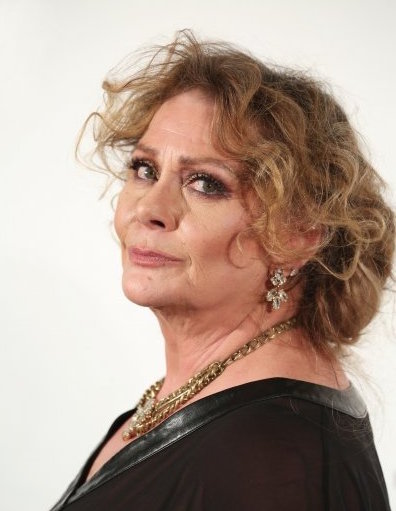My Most Embarrassing, Humiliating & Humbling, Moment On The Broadway Stage
Having been on B’way for 62 years (I made my debut in 1958) I’ve had a plethora of embarrassments.
BUT one is spectacularly horrifying!
Way back in the olden days (1974) I was blessed to be in the kind of gig every actor prays for, almost never gets and if, by some miracle, does – they been kissed on the butt by God.
First – a little context:
I was having my 2nd ‘15 minutes of fame’. Having had my 1st ’15 minutes 13 years earlier (i.e. you’re the ‘hottest, brand new shiny object of the moment’, on magazine covers, critic’s darling, prizes galore including a Tony, Neil Simon writes a play for you, etc.)
AND , OF COURSE I BLEW IT!
It went straight to my head. I was so stupid and immature I believed everything I read about myself –
ALWAYS A FATAL MISTAKE!
Being young, inexperienced, not realizing those 15 minutes are mostly marketing tools for producers and never last past your last show and mean nothing in the long run, I became an arrogant, ungrateful brat. I went to Hollywood, made some films, got burned out, married a movie star and quit acting.
Then came the inevitable divorce. All in the world I wanted was to get back on the stage. Needless to say no one was interested. If Broadway remembered me at all it was for my difficult reputation.
Then, out of the blue, I got a call from The American Shakespeare Festival in Stratford, CT to play ‘Maggie the Cat’ in ‘Cat on a Hot Tin Roof’. My hero, Tennessee Williams, wanted to do his original version of ‘Cat’.
In 1955 producers had huge reservations about the language and homosexuality. The play got cut and was a huge success, but Williams always longed to have his original version done and Stratford agreed.
I got to work with Tennessee Williams every day in rehearsal under the direction of the great Michael Kahn. The Stratford production was so successful it got national press, due to Tennessee’s involvement and got transferred to Broadway. (Unheard of back then)
All the above to explain how extremely high the stakes were for me. Not only did I have to ‘redeem’ my reputation as a ‘wild child’, foul mouthed, ‘out of control hippie’ – I had a debt to Tennessee and Kahn. They had taken a risk on an actress who Broadway considered ‘down, dead over with and finished’. I prepared every way I could think of.
I studied my 3 cat’s behavior by decreasing their food. I needed to know what they’d do when hungry. After all – Maggie is – above all – hungry! (Relax animal lovers – I didn’t starve ’em – just put ’em on a diet.) We opened on Broadway to raves and sold out houses and once again I was the ‘hottest’ actress in the hottest play on Broadway, but the establishment was still skeptical so I was watching my P’s and Q’s. A second chance is nothing short of a miracle! The set was an extremely raked deck (no longer allowed) that came to a point over the orchestra pit and met the front row.
There’s a moment in the 1st act where Maggie physically moves in on Brick and he rejects her by pushing her away. Thanks to the director and stunt supervisor I was given a spectacular physical move. Brick is far upstage left when she moves into him and when he pushes her away she falls backward, rolls head over heel very fast all the way downstage right edge of stage and like a cat, jumps immediately into a squat, from there slowly rises, faces him and smiles.
One night during that fast, tricky roll to the edge of the stage, I thought I heard something peculiar, but the audience always gasped and scream at that moment so I ignored it. But then I began to hear whimpering that got progressively louder. At first I thought someone had an infant in the audience. I assumed they would get up and leave. But the sounds kept getting louder, like animal squeals. By the time the audience was twisting in their seats and craning their necks trying to see where the sounds were coming from.
Some were shouting “quiet”. Others were standing, people were hanging over the balcony rail trying to see. By that time the sounds were screams, howls, and yowls, obviously an animal in distress.
I finally, totally lost control and shouted “WHAT THE FUCK IS THAT NOISE?” Realizing I had stopped the show but still steaming with rage, I stepped out of character, turned to the audience and said “Ladies and Gentleman – some Muthafuka has an animal in the house who doesn’t seem to be enjoying the show. I cannot continue until it’s removed.” Applause from the audience.
A man got up from a 4th row seat & slowly made his way to the aisle. I saw he had a huge dog with him, then to my horror I realized the man was blind and the dog was his seeing eye dog!
I just stood on the edge of the stage while he and the dog slowly made their way up the aisle and out into the lobby.
Needless to say the audience got very quiet while I just stood there and blabbered on and “I’m so sorry – so very sorry – I really couldn’t go on – so very very sorry – blablabla…”
Then, from the balcony, in a loud, unmistakable New York accent, came “You’re paid to act – so act!” Humiliated, I tried to stumble through best I could. The tabloids went crazy with page 6 headlines:
“ASHLEY THROWS BLIND MAN OUT OF THEATER”
“ASHLEY STOPS SHOW DUE TO DELICATE EARS”
“ASHLEY WONT ACT FOR THE BLIND”
My reputation was not redeemed! UNTIL: A letter left back stage from the dog’s owner, saying he’d been bringing his dog to theater for years and dog always sat quietly under his seat, never making a sound. But the dog hated cats with a vengeance and that had to be the only explanation for the dog’s behavior.
NOTE TO ACTORS: Be careful when doing your animal research!
Elizabeth Ashley, a Tony Award winner for her performance in Take Her, She’s Mine, was nominated for Best Actress for her memorable Maggie in Cat on a Hot Tin Roof and her delicious Corie Bratter in Barefoot in the Park. Her recent Broadway stage credits include August: Osage County, Gore Vidal’s The Best Man, You Can’t Take It With You, and Enchanted April. Her many film and television credits include: Netflix’s Russian Doll, The Carpetbaggers, Coma, Ship of Fools and Ocean’s 8.

